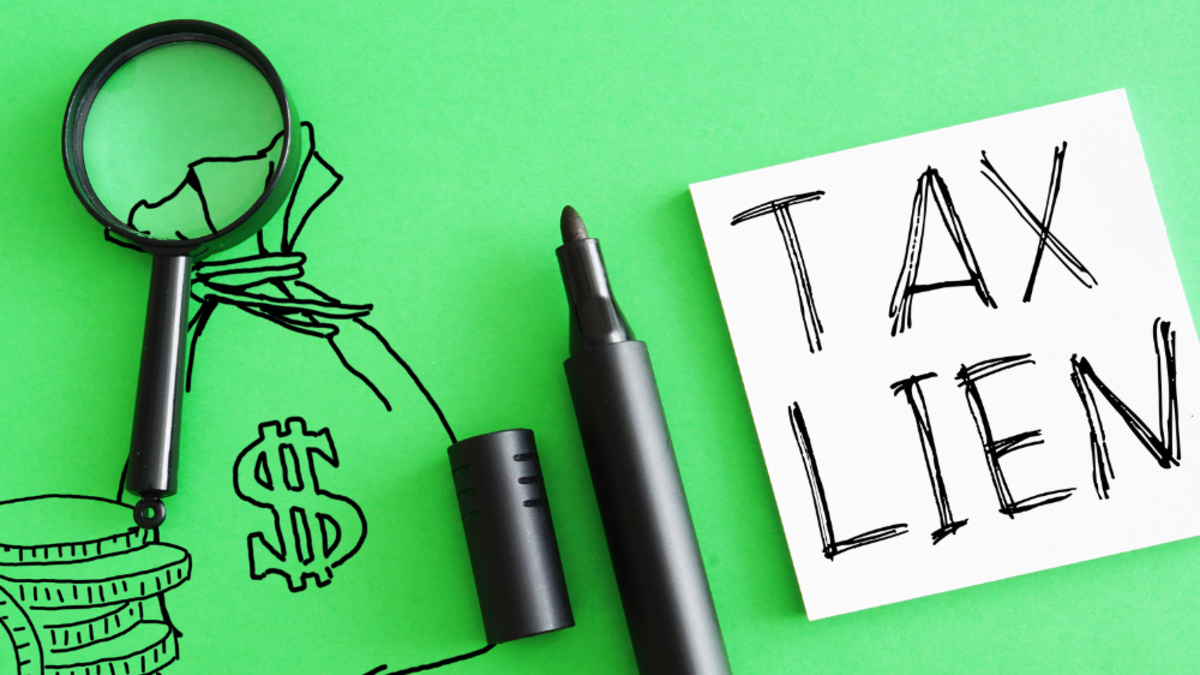How to Remove a Tax Lien From Your Credit Report

Joy Wallet is advertiser-supported: we may earn compensation from the products and offers mentioned in this article. However, any expressed opinions are our own and aren't influenced by compensation. To read our full disclosure, click here.
What is a tax lien?
- Transparent information on each offer for earnings and tasks.
- Money is deposited quickly and securely
- Featured offers maximize earnings
- First-class referral program
Should I be worried about a tax lien?
Tax liens vs. tax levies
How to get rid of a tax lien
What if I find a tax lien on my credit report?
- Transparent information on each offer for earnings and tasks.
- Money is deposited quickly and securely
- Featured offers maximize earnings
- First-class referral program
What if I can’t afford my tax bill?
The bottom line
- Transparent information on each offer for earnings and tasks.
- Money is deposited quickly and securely
- Featured offers maximize earnings
- First-class referral program
Joy Wallet is an independent publisher and comparison service, not an investment advisor, financial advisor, loan broker, insurance producer, or insurance broker. Its articles, interactive tools and other content are provided to you for free, as self-help tools and for informational purposes only. They are not intended to provide investment advice. Joy Wallet does not and cannot guarantee the accuracy or applicability of any information in regard to your individual circumstances. We encourage you to seek personalized advice from qualified professionals regarding specific investment issues. Featured estimates are based on past market performance, and past performance is not a guarantee of future performance.
Our site doesn’t feature every company or financial product available on the market. We are compensated by our partners, which may influence which products we review and write about (and where those products appear on our site), but it in no way affects our recommendations or advice. Our editorials are grounded on independent research. Our partners cannot pay us to guarantee favorable reviews of their products or services.
We value your privacy. We work with trusted partners to provide relevant advertising based on information about your use of Joy Wallet’s and third-party websites and applications. This includes, but is not limited to, sharing information about your web browsing activities with Meta (Facebook) and Google. All of the web browsing information that is shared is anonymized. To learn more, click on our Privacy Policy link.
Images appearing across JoyWallet are courtesy of shutterstock.com.
Courtney Johnston is a freelance writer, specializing in finance, travel, and health. She has written for The Chicago Tribune, Benzinga, BestReviews, Mashvisor, Fundera, MoneyGeek, and The Culture Trip. She also teaches writing instruction at the University of Indianapolis. Courtney currently resides in Indianapolis.









